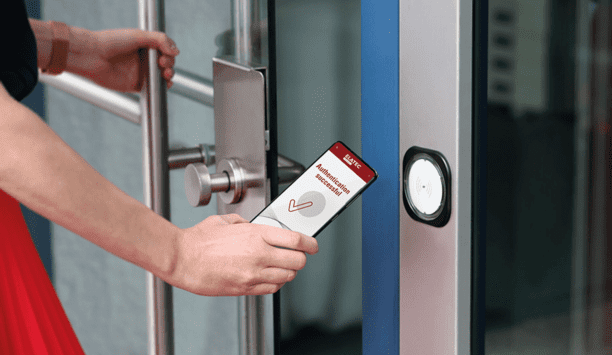Ian Moore

Ian Moore
Chief Executive Officer, Fire Industry AssociationIan Moore is the Chief Executive Officer at Fire Industry Association. Previously, he worked at companies like Bulwark Limited, Elmdene International, Cobolt Systems, Detector Technologies Ltd, Intelligent Security Ltd, Zellweger Analytics, Cerberus AG, and Chubb Alarms.
News mentions
In an unprecedented collaboration within the fire and security industry, three not-for-profit organizations with expertise in fire and security doorsets have combined their knowledge to offer guidance...
IFSEC Global has announced that Microsoft CSO Mike Howard, security consultant Don Randall MBE and Baroness Neville-Jones, chair of the British Joint Intelligence Committee (JIC), star on a 30-strong...
The survey also sought to discover which vertical markets were leading the way in taking up solutions offered by BSIA Export Council member companies New research carried out on beh...
Intersec 2015 is expected to play host to a record number of BSIA member companies Members of the British Security Industry Association's Export Council (Stand: S1-D50) are planning...
A long-term contributor to the BSIA’s Export Council, Ian’s expertise continues to help new exporters gain a foothold in overseas markets Following the British Secur...
Elmdene estimates you can lose half of the power that goes into a linear PSU simply due to the heat which is being radiated Innovative electronic security and fire products manufact...

































